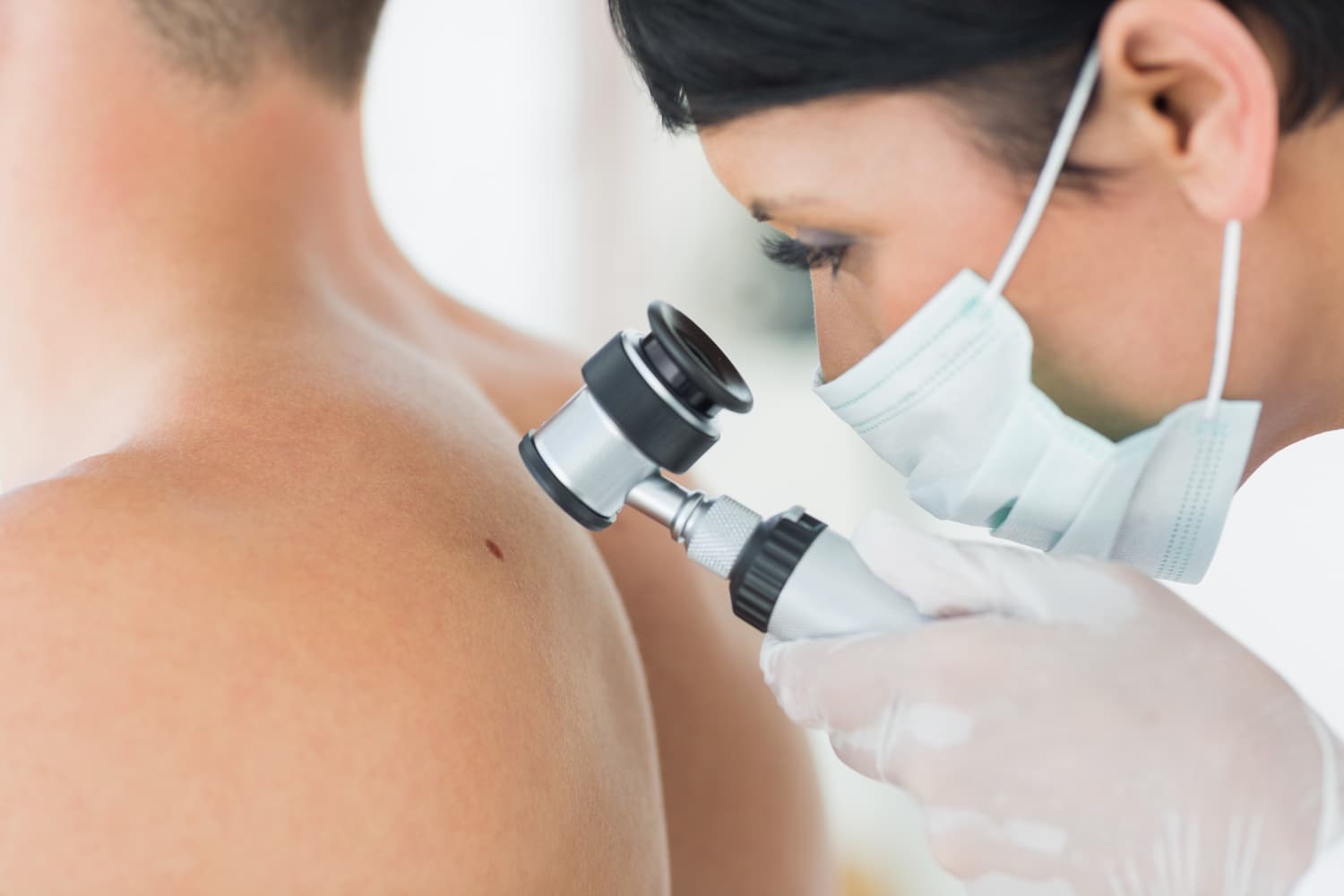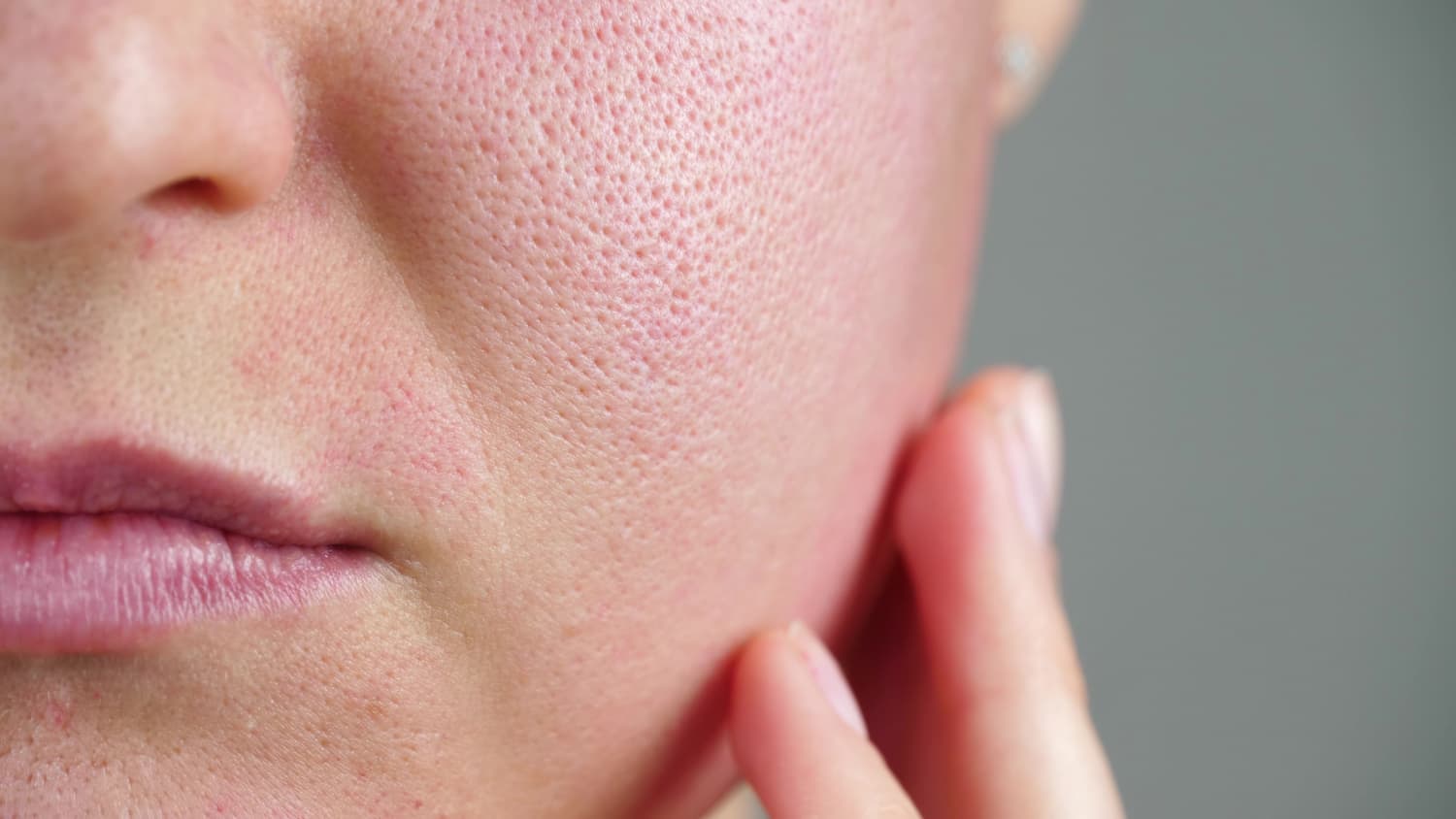Updated: October 19, 2023
For individuals with psoriasis, searching for effective treatments can sometimes feel like a never-ending journey because there is still much to learn about the causes of psoriasis, as well as the considerable variance between different patients’ “triggers,” pinpointing the best strategies for psoriasis treatment is a challenge.
However, advancements in dermatology are opening the door to new, exciting possibilities for psoriasis patients. With researchers finding links between gut inflammation and psoriasis, using probiotics for psoriasis treatment has become the subject of many different studies – and so far, the findings are promising.
Affiliated Dermatology® takes a closer look at the most up-to-date research to help you better understand the topic, aiming to answer the key question: do probiotics help psoriasis?
How Do Probiotics Work for Psoriasis Treatment?
Psoriasis is an inflammatory skin disorder, classified as an autoimmune condition that manifests as the rapid overproduction of skin cells, skin itching and irritation, and even painful, swollen joints. And although doctors are not yet sure exactly what causes psoriasis, they have connected the condition to two primary factors: genetics and the immune system.
So, what does this mean for probiotics and psoriasis?
As it turns out, people with psoriasis appear to have higher levels of inflammation-causing bacteria (and less beneficial bacteria types) in their guts. The body’s T-cells are responsible for reducing inflammation and regulating the immune system, making them particularly important for individuals with inflammatory conditions.
Probiotics are “good bacteria,” or microbes, that help stimulate your body’s T-cells while also potentially contributing to a better balance of intestinal bacteria.
Essentially, the idea is that probiotics can improve the diversity and quality of microflora (bacteria) in the gut, supporting the body’s ability to manage the inflammation that contributes to psoriasis flare-ups.
What Does the Research Say About Probiotics for Psoriasis?
Research suggests that probiotics may be able to offer benefits that go beyond gut health. For individuals dealing with psoriasis, this could mean that probiotics may be a useful strategy for reducing skin inflammation.
Several different studies have assessed the efficacy of probiotics in treating the symptoms of psoriasis. Additionally, research efforts have focused on finding the best probiotics for psoriasis, with the hopes of identifying the specific bacterial strains that can help reduce the inflammation that activates psoriasis symptoms.
So far, the evidence for probiotics as a psoriasis treatment option has been impressive:
- One study demonstrated that the Lactobacillus paracasei bacteria dramatically decreased skin inflammation while also helping to speed up skin recovery.
- Another study found that Bifidobacterium infantis may be particularly beneficial for psoriasis because it can lower the biomarkers associated with elevated inflammation. In this study, this bacterial strain was shown to help strengthen both the function of the gut barrier and positive immune responses while also possibly stopping the spread of harmful bacteria in the gut.
Because we know that our microbiome (the balance of bacteria in the gut) plays a critical role in regulating both skin and gut health, it makes sense that using probiotics to support an improved microbiome could have a positive domino effect on different aspects of overall wellness.
How Do I Add Probiotics to My Regimen?
Incorporating probiotics into your psoriasis treatment plan may be easier than you expect. A combination of probiotic foods and supplements can be an ideal place to start and has the potential to offer valuable benefits without much effort required.
You can add probiotic-rich foods into your daily diet, including options such as:
- Sauerkraut
- Yogurt
- Kimchi
- Kefir
- Seaweed
- Miso soup
- Sourdough bread
- Fermented cheeses, like Swiss, Gouda, parmesan, and cheddar
Also, look for a high-quality probiotic supplement, aiming for one with time-release technology to ensure that the probiotic bacteria are not inadvertently destroyed in the gut. The best probiotic supplements have a high CFU count and are formulated with an array of bacteria strains. For psoriasis, probiotic supplements containing Lactobacillus paracasei, Lactobacillus salivarius, Bifidobacterium infantis, and Lactobacillus rhamnosus may be the most effective options.
If you do decide to try probiotics to reduce psoriasis symptoms, we recommend keeping a detailed log to track the specific probiotics you are using and any results. That way, you can easily monitor any improvements or changes. In the meantime, keep up with your existing regimens, such as ointments or medications. And in the event that you experience any unusual side effects, check in with your doctor.
What are the Traditional Treatments for Psoriasis?
Traditionally, psoriasis treatment may involve a combination of tactics customized to suit an individual patient’s needs and condition. Your treatment options vary widely depending on the severity of the condition and outbreak, where it is located on the body, and how you’ve responded to certain treatments in the past.
Some of the commonly used psoriasis treatments include:
- Topical creams and ointments are frequently suggested for light to moderate psoriasis flare-ups. These treatments can be either over-the-counter or prescription and may contain vitamins A and D, corticosteroids, and other active ingredients.
- One or more prescription oral medications or immune-suppressing biologics may be used for severe psoriasis flare-ups. Phototherapy and laser therapy might also be considered, as well as controlled exposure to sunlight.
- For reducing psoriasis flare-ups in general, recognizing and avoiding your triggers is key. Common psoriasis triggers include stress, certain medications, smoking, heat, chemicals, and certain foods.
Although probiotics may be an excellent strategy for reducing the symptoms of psoriasis, we highly recommend making it a part of a larger treatment plan – not the only thing you’re doing to manage symptoms. Many other psoriasis treatment options have proven to be effective for countless patients, and you are most likely to achieve your goals with a tailored combination of strategies.
Find Options for Psoriasis Treatment in the Phoenix Valley
When it comes to finding the perfect balance of topical creams, medications, and even probiotics, psoriasis is generally best treated with a plan that has been tailored to suit your unique needs, goals, and health history. Although there is not yet an effective cure for psoriasis, it is absolutely possible to manage your symptoms with the help of an experienced dermatology professional.
At Affiliated Dermatology®, we provide customized care plans for individuals with mild, moderate, and severe psoriasis, implementing targeted strategies to support healing and relief. With several offices across the Valley, we are committed to making advanced psoriasis treatments as accessible as possible. Options for our psoriasis patients include topicals, prescription medications, biologics, and light/phototherapy, with individualized therapy plans based on a careful evaluation of treatment benefits, potential risks, and so on.
If you’re searching for answers on how to treat psoriasis, Affiliated Dermatology® can help.
Contact Affiliated Dermatology for more information about our psoriasis treatment options in the Valley, or schedule a consultation appointment now!
Photo Credits: GBALLGIGGSPHOTO , Maridav







